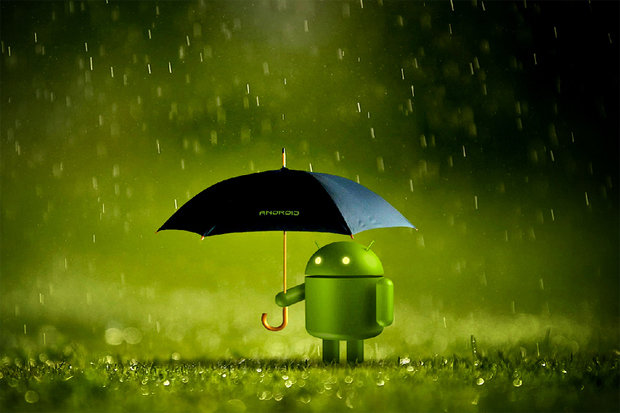
Android hits a record 88% market share of all smartphones
Android just upped its own stakes.
With over 328 million Android devices shipped worldwide, the operating system has long dominated the smartphone industry. But in the third quarter of 2016, Android managed to capture a record 88% of the global market, according to Strategy Analytics. Meanwhile, Apple’s iOS share slipped to 12.1% in the same period, from 13.6% the year prior.

Android’s success has a lot to do with the advantages of its approach. Unlike iOs—included only on Apple devices—Android has hundreds of partners releasing new phones every year. (The third quarter saw the release of the iPhone 7, but also new phone models from Oppo, Samsung, Huawei, and others.) Likewise, there are multiple Android options in mid-range or low-end price brackets. That can be crucial in price-sensitive markets like India, where 97% of smartphone users have Android devices, and in countries across Africa and the Middle East.

Android may be stealing some market share from Apple—which, it’s worth noting, still commands more than 60% of global smartphone profits—but much of its growth has come at the expense of newer market entrants and more staid competitors. Microsoft’s Windows phone sales declined by 46% in the first three months of 2016, and Blackberry decided to halt production of its devices after three straight years of losses.
People who are “moving from declining platforms are mostly moving toward Android,” says Neil Mawston, executive director of Wireless Device Strategies (WDS) at Strategy Analytics. “Android had less than 5% of the market worldwide back in 2010. It has just grown relentlessly.”
Some hurdles persist for Android, particularly in heavily regulated international markets. In China, services like Google Maps, Gmail, and even search functions are either restricted or banned, and consumers still favor local brands. After Samsung’s exploding Note 7 fiasco, Android may also look to growing handset-makers like Oppo, Weibo, Huawei, Xiaomi and LeEco for its next market-share boost.








